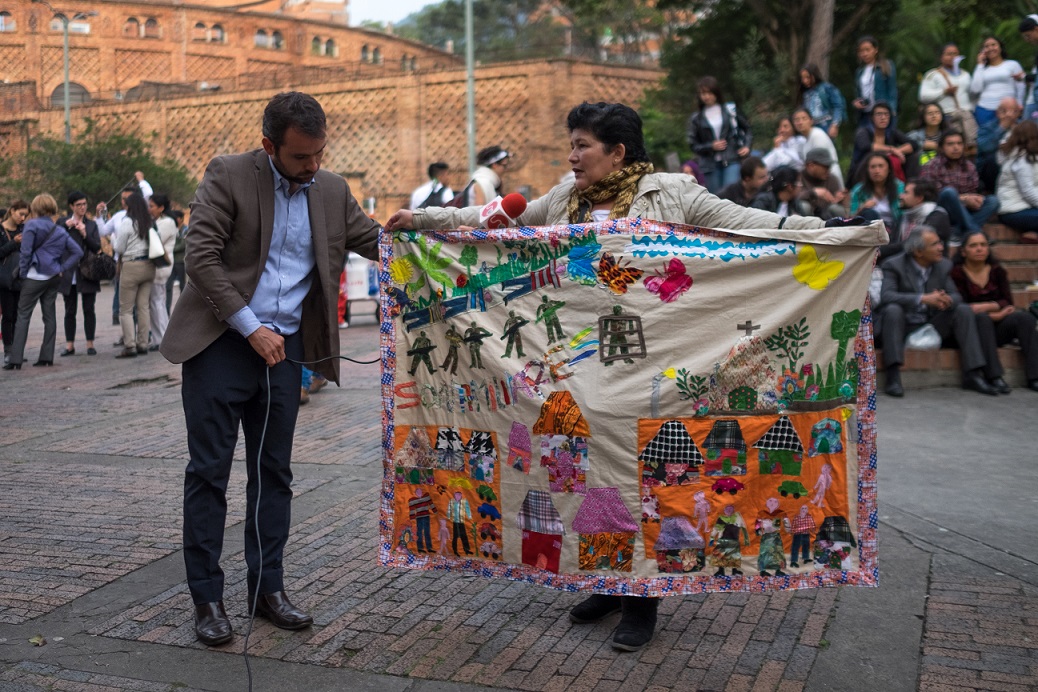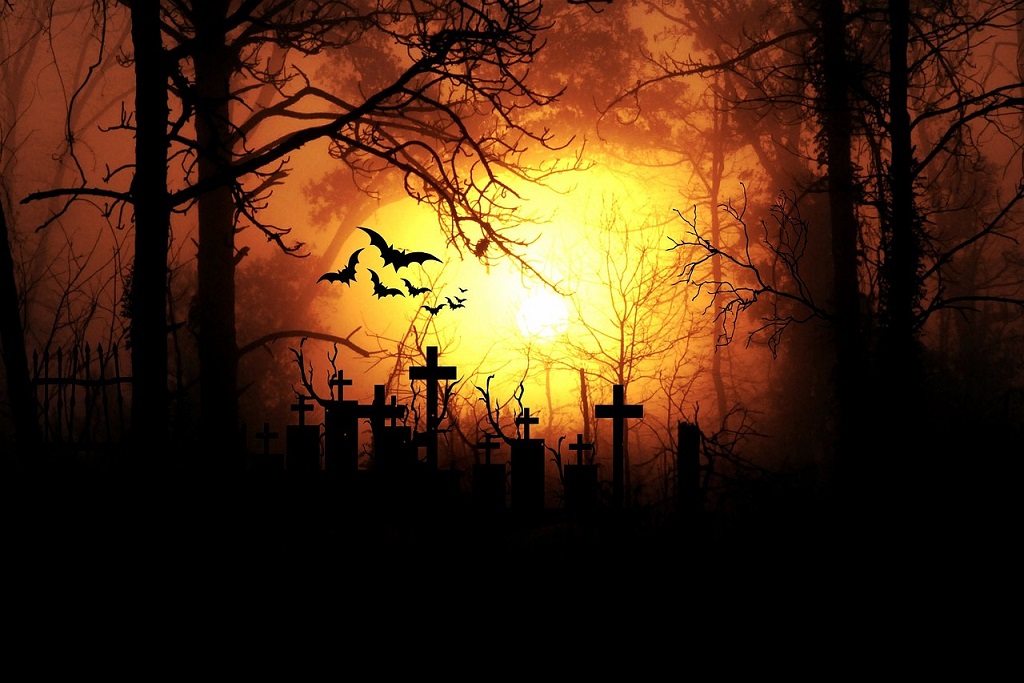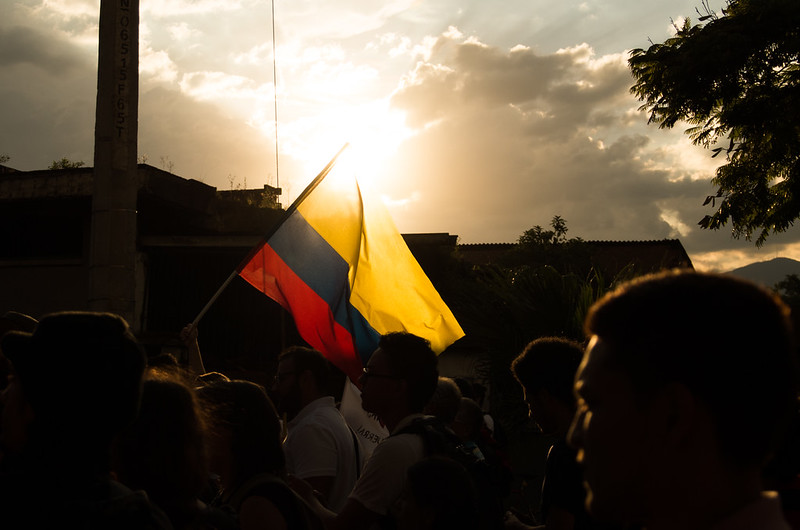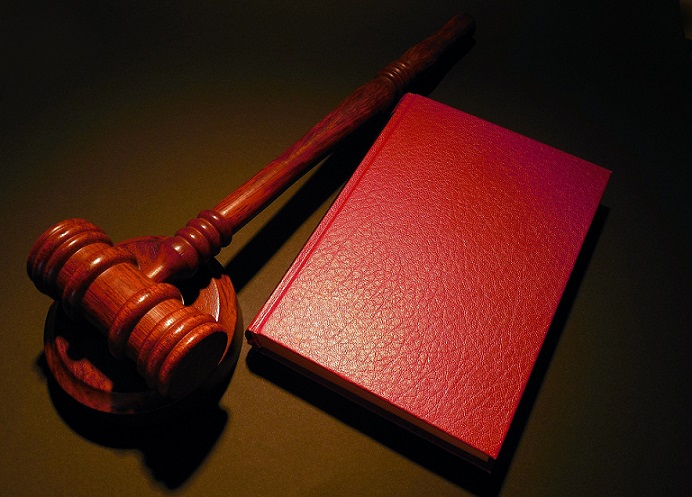A peace tribunal in Colombia has charged a high-ranking military officer with war crimes and crimes against humanity against defenceless civilians outside the country’s decades-long armed conflict.
The indictment on charges of war crimes and crimes against humanity that the Special Jurisdiction for Peace (JEP) has just made official against retired General Mario Montoya Uribe opens the legal-political path that will lead to (re)confirming the thesis that both the high-ranking officer and other agents of Uribism have repeatedly denied.
This thesis speaks of how extrajudicial executions (false positives) are the result of the implementation of the Public Policy of Defence and Democratic Security and its developments through the Boina Decree and Ministerial Directive 0299 of 2005, as well as the well-known pressures that the then President of the Republic, Álvaro Uribe Vélez, exerted on brigade commanders. Pressure that, through the line of command, went down to the rank and file.
News records show Uribe Vélez demanding “more and better operational results, and those who don’t, to apply for retirement“. These demands clearly constitute a form of pressure on the military leadership of the time and the brigade and battalion commanders.

However, with regard to the silence that Montoya Uribe still maintains, with the reading of the indictment, the high peace tribunal hopes to force the officer to assume responsibility for the 130 cases of false positives (murders of innocent civilians who were passed off as guerrillas killed in combat) on which the legal-political accusation that the JEP has just made is based. If he fails to do so, the general could face at least 20 years in prison.
Hundreds of thousands of Colombians have been asking themselves the question: who gave the order?
The answer to the question is provided by the above thesis, from which political and criminal responsibility is derived for all the actors involved, from the President of the Republic (2002-2010 period), the Ministers of Defence, members of the military leadership and downwards, all those who carried out operations following instructions whose strategic objective was to “wipe out the FARC“.
Another question then arises: why did Montoya Uribe prefer to remain silent, when several of his subordinates point out that he himself asked for “litres, tanks of blood” and a very particular slogan: “Don’t bring me captured people, kill them, kill them“?
 Possible answers to this new question can be tied to several categories:
Possible answers to this new question can be tied to several categories:
- Maximum responsibility and institutional loyalty. The general insists on remaining silent because he is convinced that, because of his rank, he must do whatever is necessary to preserve the good name of all those superiors to whom he obeyed. In this way, he can present himself as a retired officer who has always been committed to cleaning up the military institutionality.
- The degradation of the internal armed conflict generated its own value system. Under this statement, Montoya would be validating the anomalous and unlawful conduct, because the country should understand that both the guerrillas and the paramilitaries violated IHL and Human Rights, which would make it explicable and legitimate that such conduct occurred within the Army, due to the low cultural capital accumulated by soldiers and NCOs. Therefore, the responsibility falls on his subordinates who misinterpreted the orders (he called them ignorant and of not knowing how to take the cutlery when eating and of not knowing how to use the toilets).
- The Havana Peace Agreement and the JEP are a surrender and humiliation for the military. Montoya could insist on not assuming any responsibility for what happened because politically and ideologically he rejects the origin and operation of the JEP, due to a fact that the then president of the Republic always publicly exposed in annoyance: the JEP is a tribunal that places and exposes military and guerrilla fighters on the same level of immorality, when the latter are terrorists and the former, heroes of the homeland.

It remains to be seen whether Montoya Uribe and his lawyers will maintain their decision to remain silent in the face of the evidence compiled by the magistrates of the JEP.
What is certain is that there is already a historical and political truth to explain the origin of the false positives. Perhaps it is not necessary for the accused general to assume his individual responsibility, because the country already knows that there is a greater responsibility: the responsibility of the state and the government that implemented the shadowy Democratic Security and Defence Policy.
*Germán Ayala Osorio: Social communicator, journalist and political scientist, author of the blog La otra tribuna.
(Translated by Cristina Popa – Email: gcpopa83@gmail.com) – Photos: Pixabay

 Germán Ayala Osorio*
Germán Ayala Osorio*










.jpg)












